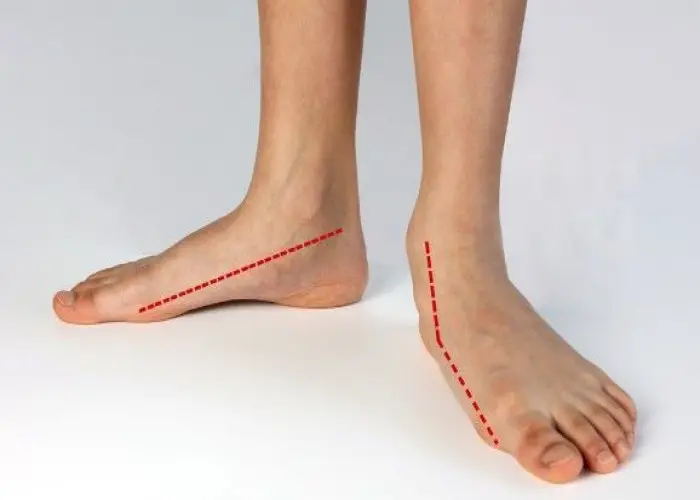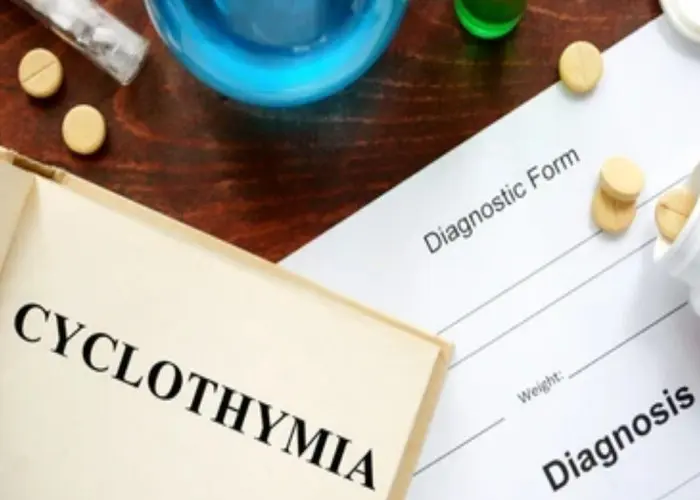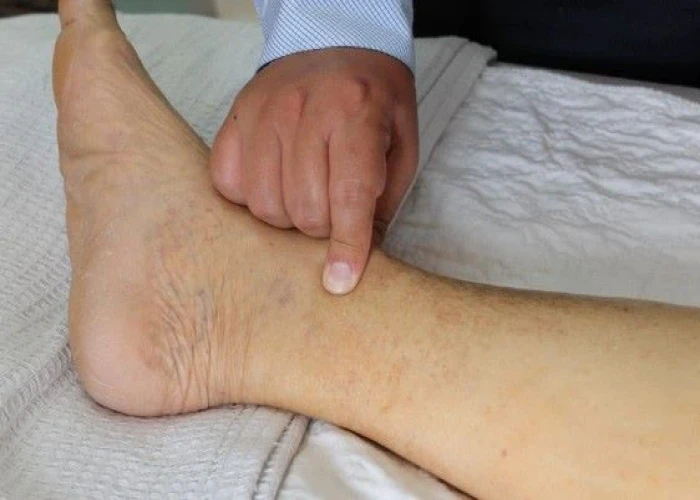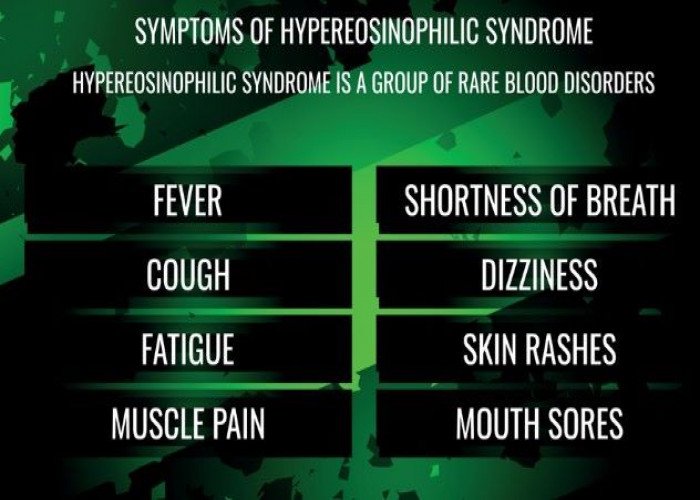 Welcome
Welcome
“May all be happy, may all be healed, may all be at peace and may no one ever suffer."
Hypereosinophilic syndrome

Hypereosinophilic syndrome (HES) is a rare disorder that is characterized by high levels of eosinophils in the blood and tissues. Eosinophils are a type of white blood cell that play a role in the body's immune response.
HES can be primary, meaning that it is not associated with any underlying medical condition, or secondary, meaning that it is associated with another medical condition or exposure to certain medications or toxins. Some of the underlying medical conditions that can be associated with HES include autoimmune disorders, parasitic infections, and some types of cancers.
Symptoms of HES can vary depending on the severity of the condition and the organs that are affected. Some common symptoms may include fever, fatigue, weight loss, skin rashes, and swelling of the lymph nodes or spleen. In more severe cases, HES can cause damage to the heart, lungs, or other organs.
Treatment for HES typically involves the use of medications that help reduce the number of eosinophils in the blood, such as corticosteroids or other immunosuppressive drugs. In some cases, other treatments may be necessary, such as chemotherapy or radiation therapy.
If you or someone you know is experiencing symptoms of HES, it is important to speak with a healthcare provider for an accurate diagnosis and appropriate treatment. HES can be a serious condition, and prompt treatment can help improve outcomes.
Research Papers
Disease Signs and Symptoms
- Fatigue (Tiredness)
- Cough
- Shortness of breath (dyspnea)
- Muscle pain
- Skin rash
- Fever
Disease Causes
Hypereosinophilic syndrome
Some varieties of hypereosinophilic syndrome tend to run in families. Other types have been associated with certain types of cancers, infections or other health problems.
Disease Prevents
Disease Treatments
Treatment for hypereosinophilic syndrome is aimed at reducing your eosinophil count to prevent tissue damage, especially to your heart. Specific treatment depends on your symptoms, the severity of your condition and the cause of your HES.
If you have no symptoms and your eosinophil count is low enough, you might require no treatment other than close monitoring for any changes related to HES.
Medications
Systemic corticosteroids, such as prednisone, are the first line treatment. Other treatment options include:
- Hydroxyurea (Droxia, Hydrea, Siklos)
- Imatinib (Gleevec)
- Vincristine
Because HES can increase your risk of blood clots, you might also be prescribed blood-thinning medications such as warfarin (Coumadin).
Surgery and other procedures
If nothing else has worked, your doctor might suggest a stem cell or bone marrow transplant.
Disease Diagnoses
Disease Allopathic Generics
Disease Ayurvedic Generics
Disease Homeopathic Generics
Disease yoga
Hypereosinophilic syndrome and Learn More about Diseases

Amnesia

Flatfeet

Whiplash

Ventricular fibrillation

Airplane ear

Cyclothymia (Cyclothymic Disorder)

Nephrotic syndrome

Cervical dystonia
hypereosinophilic syndrome, হাইপারোসিনোফিলিক সিনড্রোম
To be happy, beautiful, healthy, wealthy, hale and long-lived stay with DM3S.
